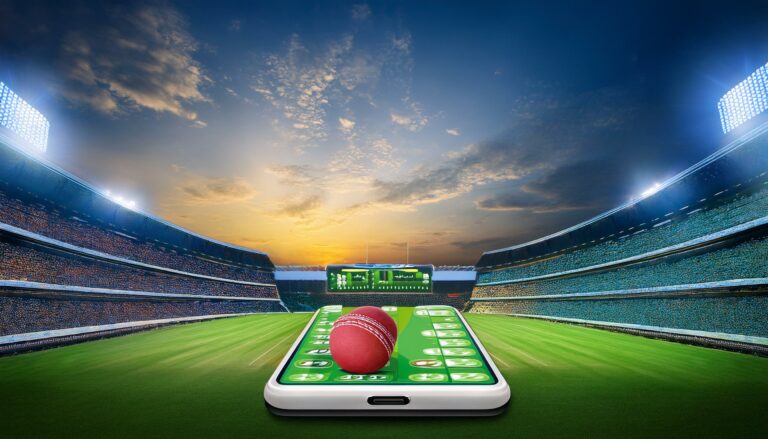The Future of Sports Journalism in the Context of IPL
Online Cricket ID, 11xplay: Covering the Indian Premier League (IPL) presents a myriad of challenges for sports journalists. With the fast-paced nature of the tournament, keeping up with the constant flow of matches, news, and updates can be overwhelming. Journalists often find themselves under immense pressure to deliver accurate and engaging content in real-time, while also ensuring that they provide in-depth analysis and insights.
Apart from the sheer volume of information to process, sports journalists covering the IPL also face challenges related to access. Securing exclusive interviews with players, coaches, and team officials can be difficult due to strict media regulations and limited availability. This lack of access can hinder journalists’ ability to provide unique perspectives and insider insights, making it harder to stand out in a sea of coverage surrounding the high-profile tournament.
Impact of digital media on sports journalism in the IPL era
The explosion of digital media has revolutionized the landscape of sports journalism, particularly in the context of the IPL. Traditional media outlets have had to adapt to the fast-paced nature of digital platforms, with news now being disseminated within seconds of an event occurring. This immediacy has created a need for journalists to not only report on matches but also provide real-time updates, analysis, and interactive content to engage with the audience.
Moreover, social media platforms have allowed sports journalists to directly connect with fans, players, and other industry insiders like never before. This direct access has enabled journalists to gather insights, quotes, and reactions instantaneously, adding a new layer of depth to their reporting. The real-time nature of social media has blurred the lines between journalists and fans, creating a more interactive and engaging sports journalism experience in the IPL era.
Role of social media in shaping sports journalism around IPL
Social media has revolutionized the way sports journalism operates in the context of the IPL. Platforms like Twitter, Facebook, and Instagram have become the go-to sources for instant updates, breaking news, and engaging content related to the cricketing extravaganza. Journalists now rely heavily on social media to follow matches in real-time, interact with fans, and provide insights that resonate with the audience.
The fast-paced nature of social media has also prompted sports journalists to adapt quickly to the ever-changing landscape of the IPL. From trending hashtags to viral memes, reporters must stay alert and responsive to ensure they remain relevant in the digital sphere. These platforms have not only facilitated the dissemination of information but have also fostered an environment where journalists engage directly with fans and players, creating a more interactive and personal approach to sports journalism.







